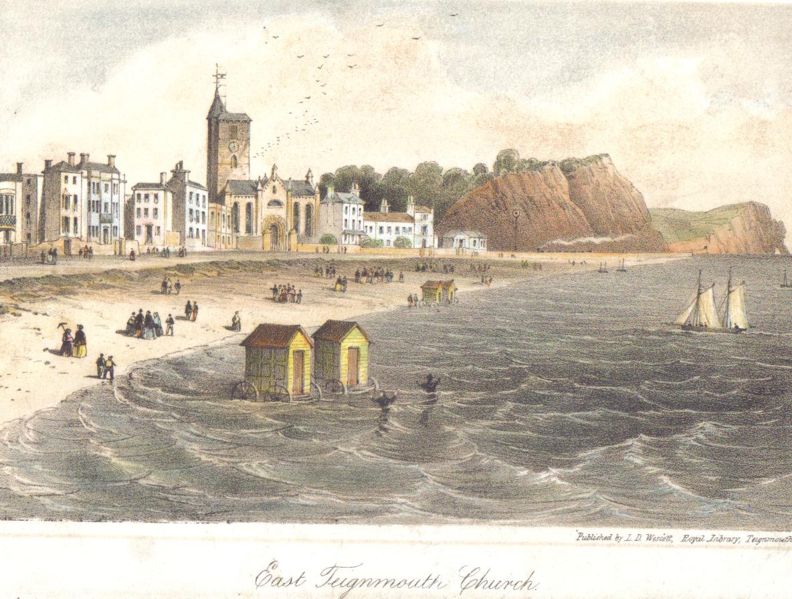.

Mariners don’t think about the deeps too much.
The canvas of my reverie: maritime,
With promontory, cave, and little antique
Town that’s emptied for a sacrifice.
A boat tacks round the cove and disappears
Into my mind’s eye, where the scene plays over
And over: a small town beside an immense sea,
A white sail tacks around the promontory.
Mariners don’t think too much about the deeps,
Poets were once thought premonitory.
The canvas of my reverie is
Maritime, with a promontory, a town:
The town has emptied for a sacrifice.
I close my eyes, but the same scene plays over:
Above the victim’s head the priest suspends
A blade, light plays cleanly upon bronze,
The sun beats down, the confused heifer lows,
The pipe shrills, the bright libation flows,
Those of the faithful with weak nerves look away,
The blue paint splashed beneath a glowing sky
Bleeds across the harbor to the bobbing skiff
Whose white sail shows above the green head cliff,
Moves round the point, and seems to freeze in time
The unison hymn of sailors who forget
All that they know but their songs’ chiming,
Chanting as we did when poetry was young,
Trying not to think too much about the deeps,
Our fear of death, and this abandoned town
Which itself has lost all memory of
The qualities of life vacated when we die.

Landscape with Aeneas at Delos: Claude Lorrain, 1672 (National Gallery, London)
East Teignmouth, South Devon, mid-19th century: artist unknown
From TC: Junkets on a Sad Planet: Scenes from the Life of John Keats
No comments:
Post a Comment